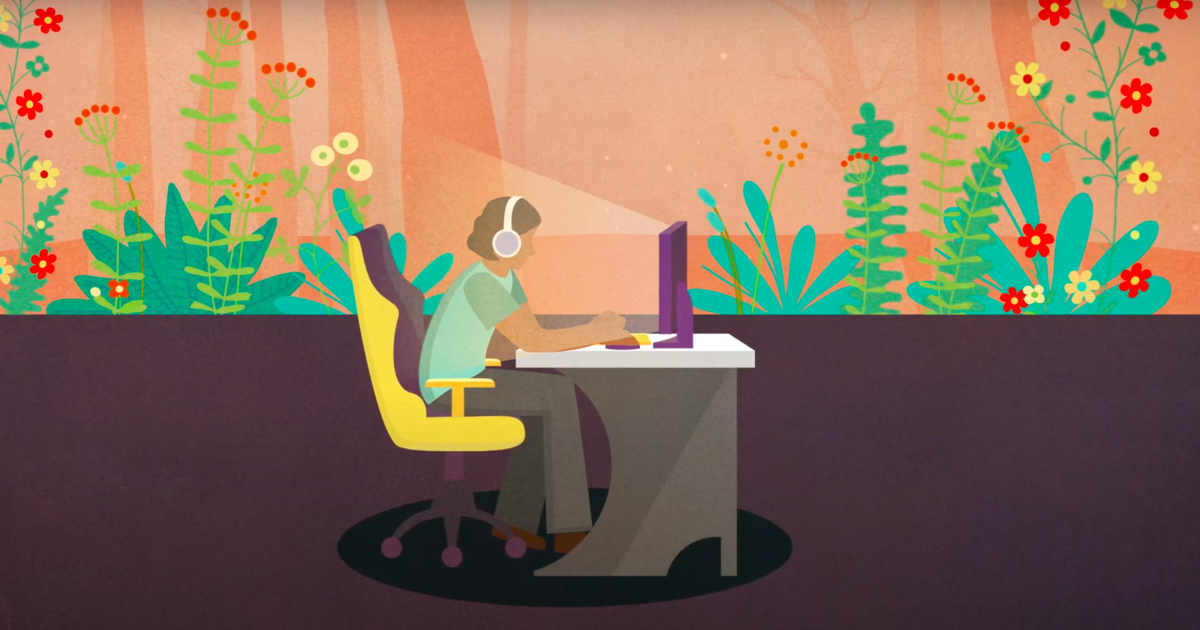
Though video games are meant to be fun, they aren’t all friendship and frolicking. Toxic behavior, harassment, and other mental health dangers are rampant not only in games, but in the games industry as well. Now, a new hotline is helping people dealing with these problems.
Launched today in the U.S., the Games and Online Harassment Hotline (GOHH) provides free, anonymous emotional support to anyone in the gaming community who needs it. While other mental health helplines such as the Crisis Text Line, National Suicide Prevention Lifeline, and National Sexual Assault Hotline already exist, GOHH is different in that its agents are specifically trained to deal with issues in gaming. This means you won’t have to explain exactly what swatting is or what you mean by “crunch” before you can get help.
“It’s a confidential safe space where people can work out issues they’re having because they don’t have anywhere else to do that,” executive director Anita Sarkeesian told Ars Technica. She also emphasized that this service is available to anyone and everyone who plays or makes games — from streamers, to developers, to “my mom who plays Candy Crush.”
“There’s no gatekeeping here, no test to get into our boundaries,” said Sarkeesian. “If you’re part of our space, we’re here for you.”
[embedded content]
The Games and Online Harassment Hotline is available in the U.S. weekdays from 4 p.m. to 7 p.m. PST and is completely free, barring any messaging or data rates that your cell carrier may charge.
To access the text-based U.S. service, simply message “SUPPORT” to 23368. After a few automated questions, you’ll be put in contact with a real person who you can chat to about any problems you’re having. Depending upon what you need, they’ll also be able to refer you to additional resources.
The service was developed in collaboration with mental health and social services experts, and features trauma therapist Julia D’Agostino, suicide hotline technical specialist Christopher Vu Gandin Le, and Take This executive director Eve Crevoshay on its advisory board.
However, Sarkeesian stressed that the GOHH does not offer licensed therapy, and is not for reporting abuse. It’s is simply there to help anyone who might need somebody to talk to — and won’t turn you away for being rude, either.
“We want to be available to people who don’t know how to ask for help in the so-called ‘right’ way but still need help,” Crevoshay told Ars Technica, speaking about the potential for people to harass the hotline itself.
“We’re not banning you forever from our system if you were ever a dick to us,” added Sarkeesian. “If you texted harassing content at one point but need help in the future, we’ll be there.”
The GOHH is a non-profit that relies on donations. You can contribute via its website.
If you want to talk to someone or are experiencing suicidal thoughts, text the Crisis Text Line at 741-741 or call the National Suicide Prevention Lifeline at 1-800-273-8255. For international resources, this list is a good place to start.
